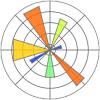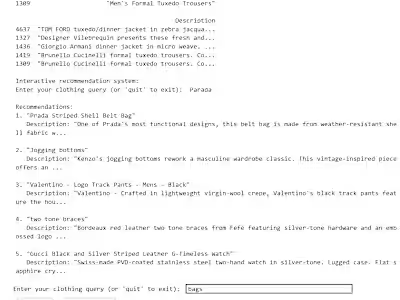Exploring the relationship between Correlation and Causation
Misinterpreting correlation for causation creates a significant roadblock to scientific advancement and effective policies. This paper clarifies the common misconception by showcasing real-world examples of how mistaking correlation for cause has led to ineffective medical treatments, biased social programs, and hindered scientific understanding. It explores robust research methods, like randomized trials, crucial for establishing true cause-and-effect relationships. By unraveling the distinction between correlation and causation, researchers and policymakers gain the tools for evidence-based decision-making, propelling scientific progress, ethical interventions, and the development of sound policies.
Like this project
Posted Jul 25, 2024
Don't be fooled by coincidence. This paper exposes the critical difference between correlation and causation, revealing how mistaking one for the other can lead







